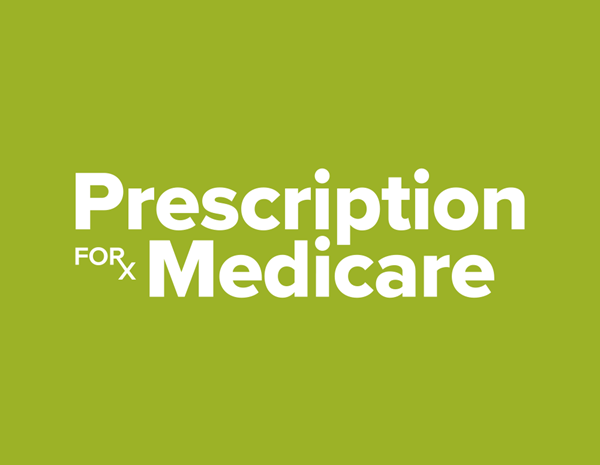One of the most important and successful parts of Medicare Part D is the six protected classes policy which covers patients whose conditions – such as HIV, cancer, and epilepsy, among others – are treated with medicines covered under six specific drug classes of “clinical concern.” Recognizing the vulnerability of these patients and grave potential for discrimination, Part D has required plans to cover all or substantially all products in these six classes since the program began.
Last Fall, the Centers for Medicare & Medicaid Services introduced a proposed rule that would weaken this vital policy by allowing Part D plans to exclude protected class medicines from formularies in some cases and also to allow increased use of step therapy and other utilization management techniques, even for patients already stable on a medicine. The proposed rule states that existing protections, including the Part D appeals and exceptions process, are “mature and has proven workable.” However, the evidence demonstrates significant shortfalls that could result in patient harm.
The Part D exception and appeals process typically begins when a patient seeks coverage for a medicine after coverage was rejected at the pharmacy. In these cases, the pharmacy is required to provide the patient with written information about how to obtain a detailed, written notice from their Part D insurance plan about why the medicine was denied and their right to an appeal. Then, that patient – or their doctor – may submit a request to the Part D plan for coverage for the medicine they need.
But recently, multiple health experts have expressed significant concerns that the exception and appeals process is confusing and burdensome, and that even if patients figure out the process, they often must wait too long for decisions, leaving them without the medicines they need.
A recent MedPAC analysis found that the appeals process is “complex and burdensome.” MedPAC found the “majority of beneficiaries were not aware that they could ask for an exception or appeal a plan decision, nor could they understand how the appeals process works.” Even if a beneficiary has the understanding and inclination to file an appeal, the beneficiary typically will need to wait some time before an appeal decision is reached. It can take more than two weeks before a beneficiary can obtain a decision from an independent review entity.
Many stakeholders, including patient advocates, have also continued to express their concerns with the current appeals process that entails “multiple phone calls and long wait times” for many individuals. Patients and beneficiaries in the six protected classes do not have the luxury of time to go through a difficult and slow-moving appeals process – which is at direct odds with best practices in the protected classes, where timely access to medicines is recognized as critical for improved patient care, better outcomes and reduced costs.
In fact, CMS itself has concluded that for five of the six protected classes “hospitalization, persistent or significant incapacity or disability, or death likely will result if the initial administration (including self-administration) of a drug in the category or class does not occur within 7 days of the date the prescription for the drug was presented to the pharmacy to be filled.” [i]
Medicare’s existing exception and appeals process and formulary review safeguards, while well intentioned, are simply inadequate to prevent highly vulnerable patients from being denied timely access to vitally important medicines. Beneficiaries with diseases such as HIV or cancer don’t have the time to wait to get their life-saving medicines and such an onerous system would lead to abandonment of therapy and life-threating consequences. The six protected classes policy is meant to protect the most vulnerable beneficiaries and no other protections or safeguards are as sufficient.
[i] 79 Fed. Reg. 1936, 1944-45 (Jan. 10, 2014).





